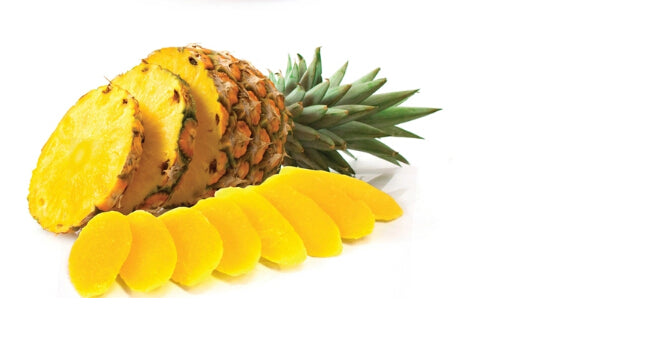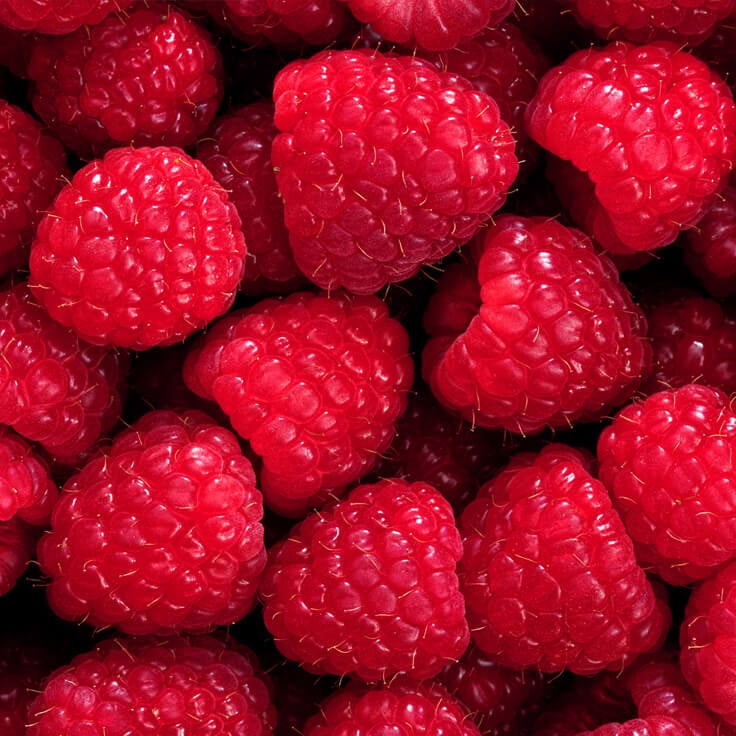
Pineapple Extract and How It Helps Acne
What is Pineapple Extract?
Pineapple extract is a concentrated form derived from the fruit of the pineapple plant (Ananas comosus). It is obtained through a process that involves extracting the beneficial compounds from the pineapple fruit. This extract is commonly used in various industries, including food, cosmetics, and skincare, due to its potential health and skincare benefits.
Key components of pineapple extract include:
- Bromelain: This is a group of enzymes found in pineapple extract, primarily in the stem and juice of the fruit. Bromelain is known for its protein-digesting properties and has been used in traditional medicine for its potential anti-inflammatory and digestive benefits.
- Vitamins and Minerals: Pineapple extract contains essential nutrients, including vitamin C, vitamin A, vitamin B6, thiamine, and folate. These nutrients contribute to overall health and can have positive effects on the skin.
- Antioxidants: Pineapple extract is rich in antioxidants, such as vitamin C, and various phytochemicals like flavonoids. These antioxidants help protect cells from damage caused by free radicals, which can contribute to premature aging and various health issues.
- Alpha Hydroxy Acids (AHAs): Pineapple extract contains natural AHAs, such as citric acid and malic acid. AHAs are known for their exfoliating properties, which can help remove dead skin cells and promote a smoother complexion.
- Anti-Inflammatory Properties: Bromelain, a prominent component of pineapple extract, is known for its potential anti-inflammatory properties. It may help reduce inflammation, making pineapple extract beneficial for conditions like acne or skin redness.
- Moisturization: Pineapple extract can contribute to skin hydration. Its hydrating properties can be valuable for maintaining healthy and supple skin.
In skincare and cosmetics, pineapple extract is used in various forms, including creams, serums, masks, and exfoliating treatments. It's valued for its potential to brighten the skin, promote a more even complexion, and offer antioxidant protection. Additionally, it may be included in formulations for its exfoliating and soothing properties.
How Pineapple Extract help with acne
Pineapple extract may help with acne due to several properties that can be beneficial for the skin. Here's how pineapple extract can assist in managing acne:
- Exfoliation: Pineapple extract contains natural alpha hydroxy acids (AHAs), such as citric acid and malic acid. AHAs have exfoliating properties, which can help remove dead skin cells and unclog pores. By keeping pores clear, pineapple extract can reduce the risk of new acne breakouts.
- Anti-Inflammatory Properties: Pineapple extract is a source of bromelain, an enzyme with anti-inflammatory properties. Inflammation plays a key role in the development of acne, so the anti-inflammatory effect of bromelain can help reduce redness and swelling associated with acne breakouts.
- Brightening: The natural acids in pineapple extract, including vitamin C, can contribute to skin brightening. This may help fade acne scars and hyperpigmentation, giving the skin a more even tone.
- Antioxidant Protection: Pineapple extract is rich in antioxidants, such as vitamin C and various phytochemicals. These antioxidants help protect the skin from damage caused by free radicals, which can worsen acne and lead to premature aging.
- Moisturization: Pineapple extract can help maintain skin hydration. Properly hydrated skin is less prone to excessive dryness or oiliness, both of which can contribute to acne.
Pineapple extract is often included in skincare products such as cleansers, toners, masks, and exfoliating treatments. When using such products, it's advisable to follow the manufacturer's instructions for application and frequency.






